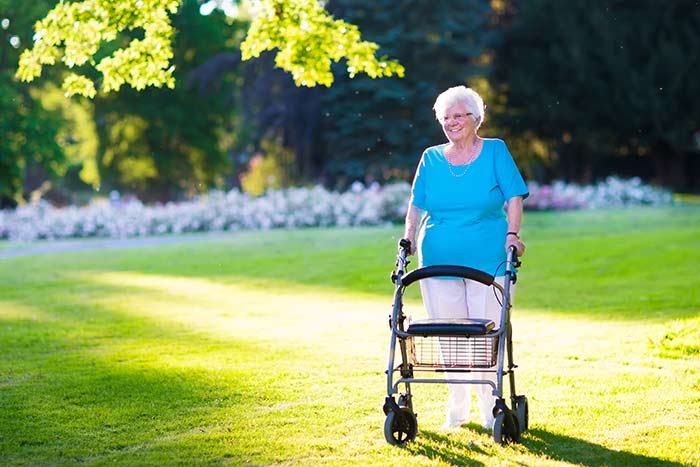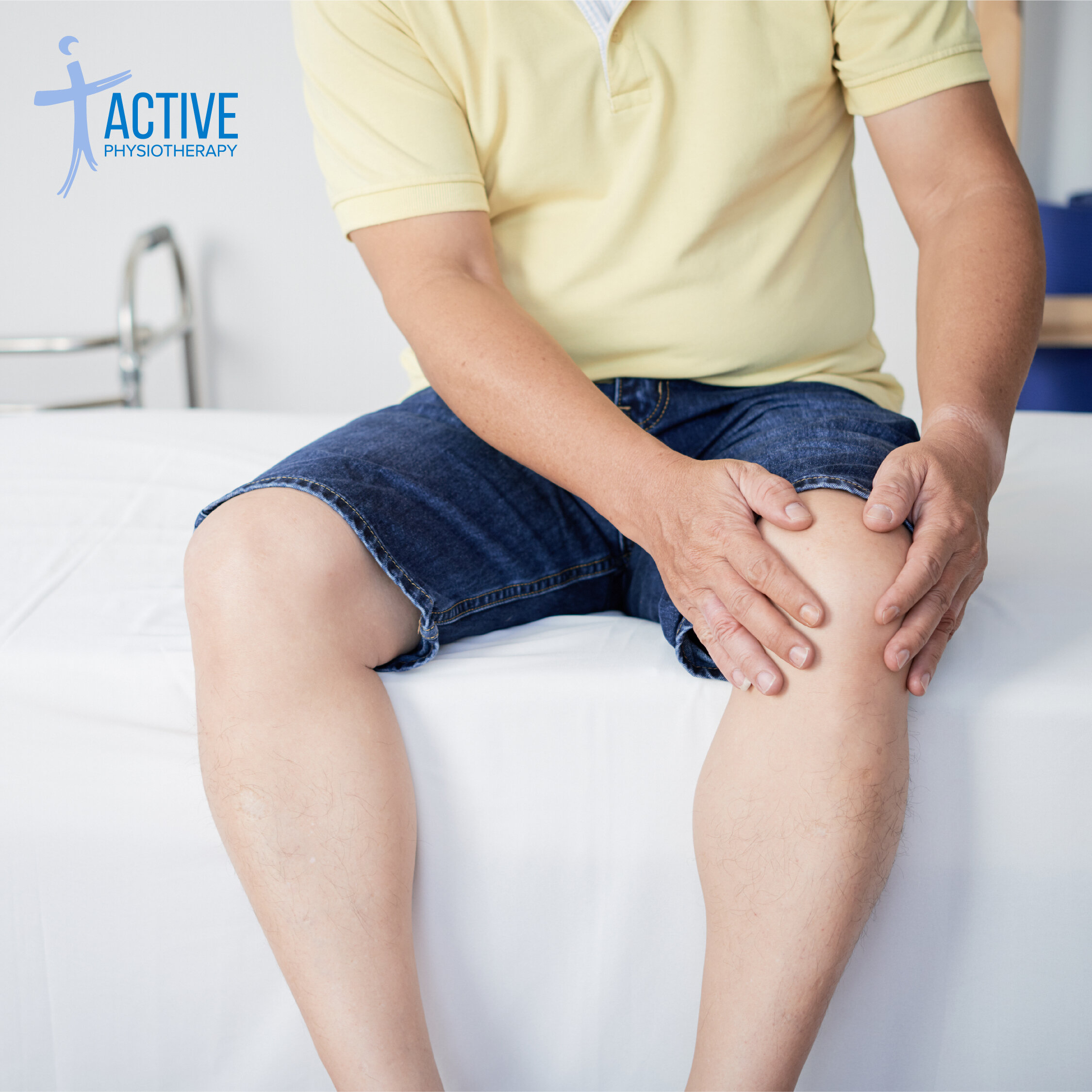Orthopaedics & Spinal
INJURIES RELATING TO MUSCLES, BONES OR JOINTS IN THE BODY INCLUDING OSTEOARTHRITIS, OSTEOPOROSIS, MUSCLE/LIGAMENT / CARTILAGE INJURIES, OR BACK / NECK PAIN.
Pre and post op physiotherapy services for joint replacement or reconstruction surgeries (inpatient and outpatient)
In many post operative conditions, physiotherapists play a key role in enabling patients to successfully manage their own recovery process. Active Physiotherapy provides an in-patient service to Calvary Hospital 7 days per week to assist in maximising the patient's functional ability and overall recovery.
Back pain - BOUNCEBack Active Rehabilitation System
Back pain should not be ignored. Early intervention is the key to success. Enquire today to find out when our next program commences.
Physiotherapists treat back pain in a variety of ways. Recent research indicates that one of the most important treatments for low back pain is that the patient be encouraged to move and exercise.
Low Back Pain - Physiotherapists are skilled in the assessment, diagnostic decision making and treatment of low back pain arising from a musculoskeletal disorder. There is strong evidence to support that general exercise programs result in reduced disability, reduced absenteeism and faster return to work rates. Active Physiotherapy have Practitioners certified to run BOUNCE back courses. The exercises taught in BOUNCE back are very specific and based on the latest research into motor relearning and spinal stabilising muscle function. The program improves core strength and control with structured exercises to suit all levels of ability and fitness. 4 courses are run each year in line with school terms.
Each 8-week BounceBack course includes
Attend a 60 minute class once per week for 8 weeks
1 on 1 or Small group glasses are available
The use of the cutting edge Physitrack app with videos to remind you of the technique for the exercises and to track your progress
Ongoing support from your physiotherapist for any questions or concerns that you may have
The BounceBack exercise program is suitable for people of all ages and abilities, including
People with significant back, neck, shoulder and hip pain
Post-surgical patients
Patients preparing for Pilates or other general exercise programs
The Industrial Athlete (manual worker) wanting to get back to work
Desk workers suffering postural pain and overuse issues
Elite athletes looking for that performance edge
Anybody wanting to fulfil their physical and mental potential
Neck Pain
Injury and postural problems are the main causes of neck pain. Physiotherapists can identify the reasons for your neck pain and provide effective treatment. Diseases such as arthritis or degeneration of the discs can also cause pain in your head, shoulders, arms and upper back. Physiotherapists will be able to determine the source of your neck pain and treat it effectively. We may use mobilisation, massage, remedial exercise, postural assessment, correction and advice, relaxation therapy, electrotherapy and heat treatment.
Arthritis
The treatment of arthritis and musculoskeletal conditions is a core function of physiotherapy practice. Patients with arthritis can benefit from joint mobilisation, electrotherapy, hydrotherapy and muscle strengthening exercises. Physiotherapy may reduce arthritic pain and reliance on drug therapy. Unlike pharmaceuticals, physiotherapy is non invasive and has minimal side effects and few contraindications.
OSTEOARTHRITIS (OA) is also commonly called degenerative arthritis or degenerative joint disease. Clinical signs of OA include joint pain, tenderness, stiffness, creaking, locking of joints and localised swelling and/ or inflammation. OA commonly affects the hands, feet, spine and the large weight bearing joints, such as the hips and knees.
Exercise including running in the absence of injury has NOT been found to increase the risk of OA. Mechanical stress on joints underlies OA. This can include misalignment of bones and muscular weakness and dysfunction; being overweight; loss of strength in muscles supporting joints; and impairment of peripheral nerves leading to sudden or uncoordinated movements that over strain joints.
Physiotherapy intervention can prevent deterioration of the condition and improve quality of life of arthritis sufferers by relieving pain and increasing joint movement. Research shows that physiotherapy management of knee joint osteoarthritis is highly effective. (Bennell K and Crossley K. Knee Joint Osteoarthritis Position Statement, 2001.)
Physiotherapy may reduce pain, improve movement and posture, strengthen muscles and improve independent function. Treatment methods include gentle passive movement, heat, electrical treatments, aquatic physiotherapy, splints and advice on preventing further joint damage.
We have Physiotherapists in Wagga Wagga, Temora, Coolamon and Tumut, experienced in assessing and treating Orthopaedic and Spinal conditions including back pain and neck pain.
Don’t ignore your pain, contact us below to book an appointment.




